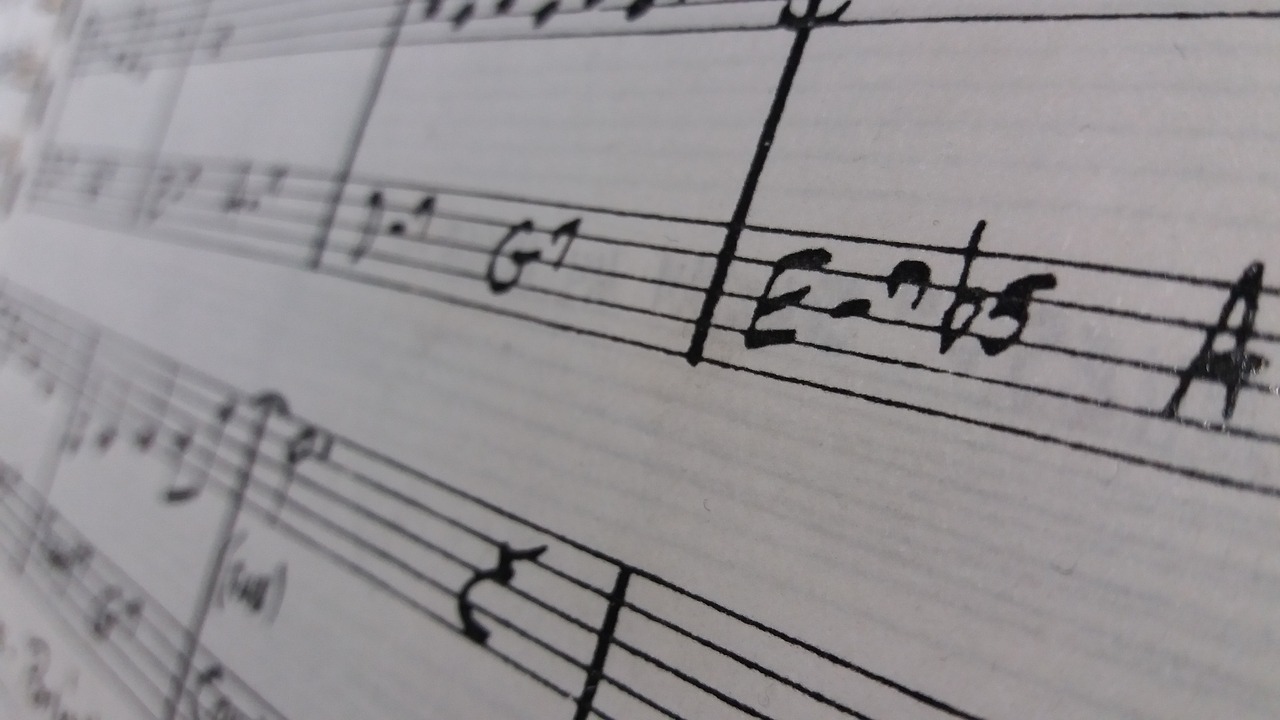Why you (and I) still need lessons
Regardless of whether you’ve been playing bass for two weeks or two decades, there are always things about your playing that could do with improvement – the problem is that it’s very difficult to be truly objective about your playing while you’re in the act of playing; too much of our mental processing power is taken up with the task of playing music, so it’s tough to accurately critique yourself while making music.
One idea is to record your gigs and/or your practice – whilst this can be a useful tool in assessing your playing, it might not always be the best thing:
- Your current gigs might not reflect the way that you’d like your playing to sound; if you’re looking to master improvising over changes, then recordings of you playing ‘Superstition’ or ‘Dancing Queen’ at last weekend’s wedding gig won’t be particularly relevant.
- Recording your practice might be more indicative of what you’re working towards, but everyone is the best player in the world when they’re in their own room and there’s nobody else about. It’s also easy to kid yourself that everything in your practice sounds great (you might not even hear the things that need work).
So, what you need is a second pair of ears to give you feedback on your playing and direct your practice with the aim of reaching your musical goals. This doesn’t have to be a teacher in the traditional sense, it could be a ‘critical friend’ – a bandmate, other musician or another bass player who you trust to be objective about what your playing really sounds like.
One issue with asking this of a friend is that they might not want to be brutally honest about what you need to work on – they also might not actually hear any areas for improvement either; the best option is an experienced teacher who has no other agenda other than helping you to improve your playing.
It should be noted that even after 18 years of playing the bass and almost a decade of teaching I still try to take lessons whenever I can; there’s nothing more powerful than the occasional reality check to get rid of any musical complacency that might have set in.
Want to know how to tell a bass Jedi from a snake oil salesman? Better Bass Practice contains straightforward advice on how to find the right teacher for you and how to structure your practice routine to get the most out of lessons.

